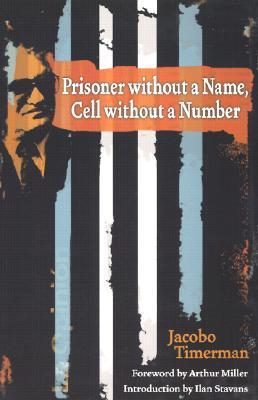What do you think?
Rate this book


Winner of a 1982 Los Angeles Times Book Prize
Selected by the New York Times for "Books of the Century"
With a new introduction by Ilan Stavans and a new foreword by Arthur Miller.
184 pages, Paperback
First published January 1, 1980
What there was, from the start, was the great silence, which appears in every civilized country that passively accepts the inevitability of violence, and then the fear that suddenly befalls it. That silence which can transform any nation into an accomplice.
“My Judaism was a political act. That alone was impossible for the military to understand. Their world was simpler. And to survive in that world, you had to choose between the two extremes. For many, for the vast majority, it was very simple. For me, it was impossible.”
“After the war, we began to understand the magnitude of the Holocaust. And we promised ourselves that this silent and scientific destruction of our people would never be repeated again. And we also promised ourselves, and we swore … that our own silence, our passivity, our confusion, our paralysis would never be repeated. We promised ourselves that horror would never paralyze us, frighten us, make us develop theories of survival, of commitment to reality, of postponing our public indignation.”
“The discipline of the National Guard is not very good. Many times an officer gives me food without blindfolding me. Then I see his face. He smiles. Guards are tired of their jobs because they also have to act as torturers, interrogators, and carry out kidnapping operations.”
"Hope is something that belongs to the interrogator rather than the prisoner. The interrogator always seems to feel that he can succeed in modifying the will of the interrogated.”